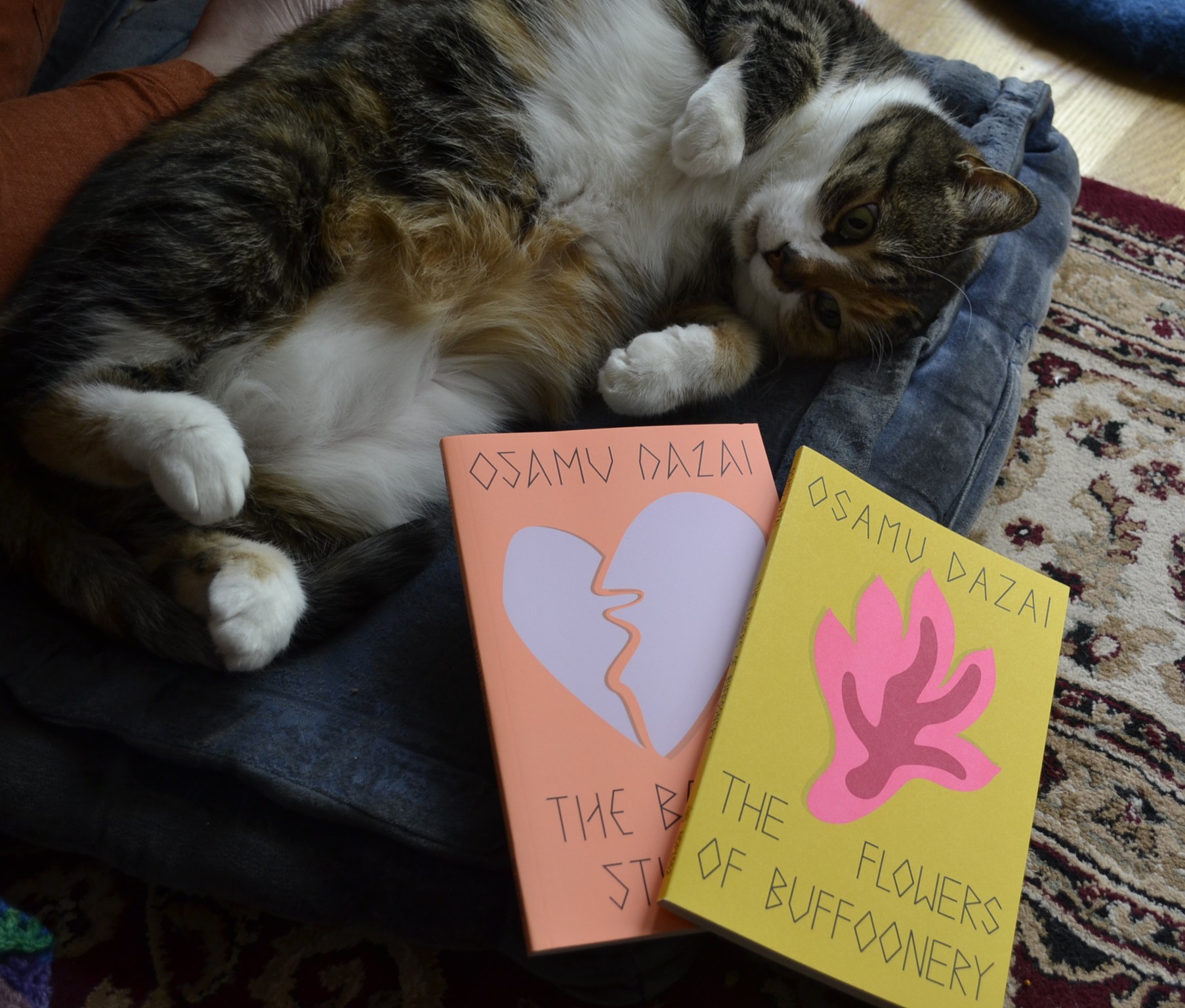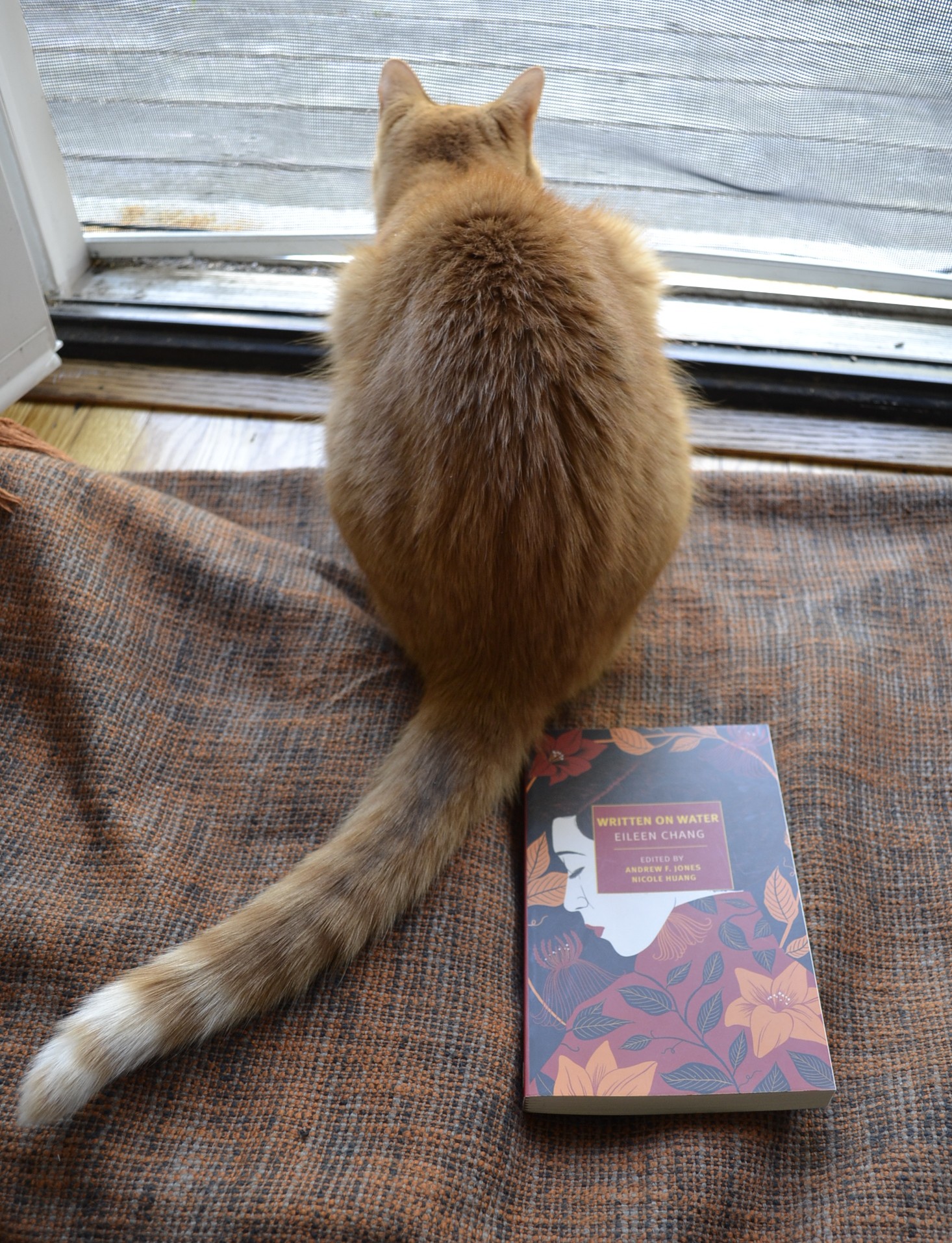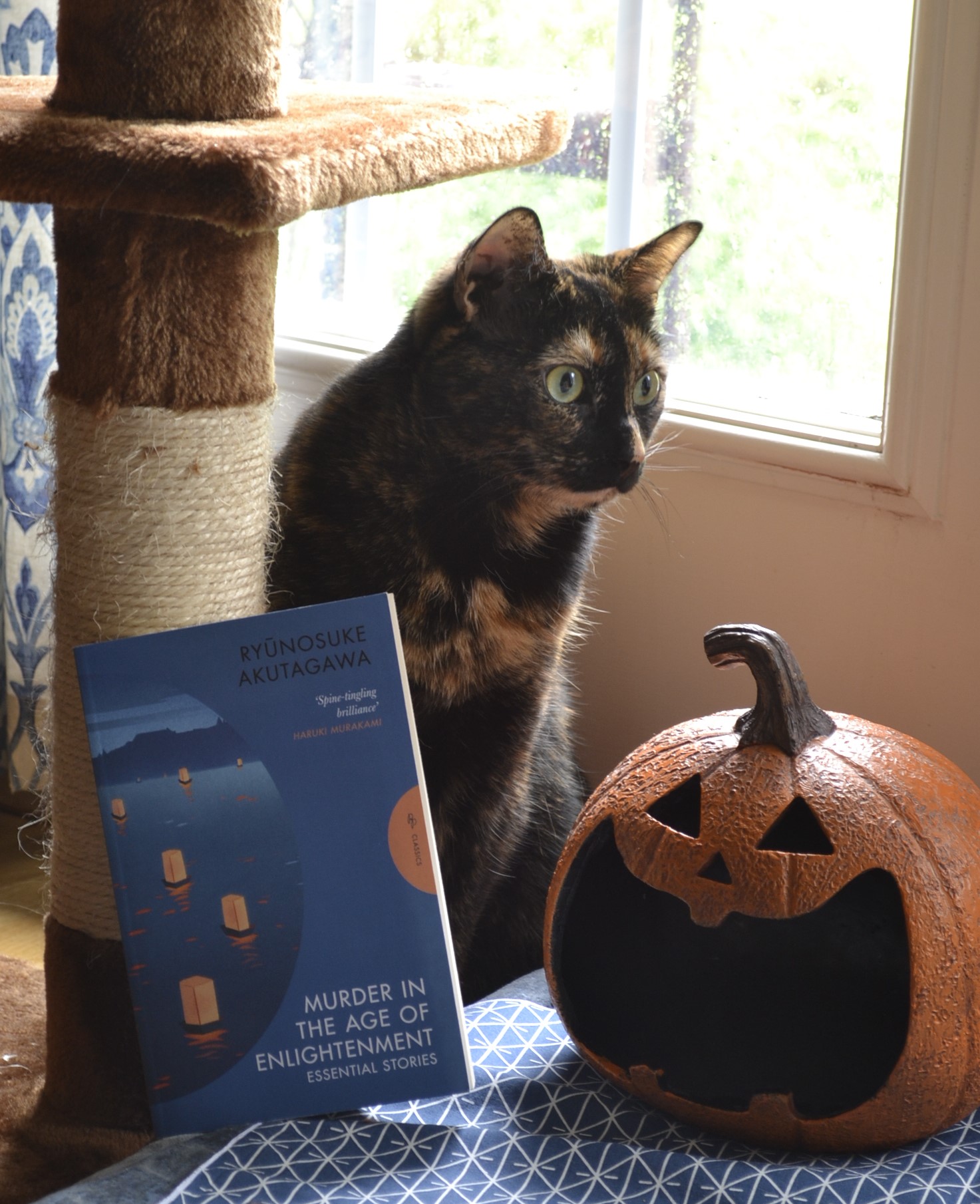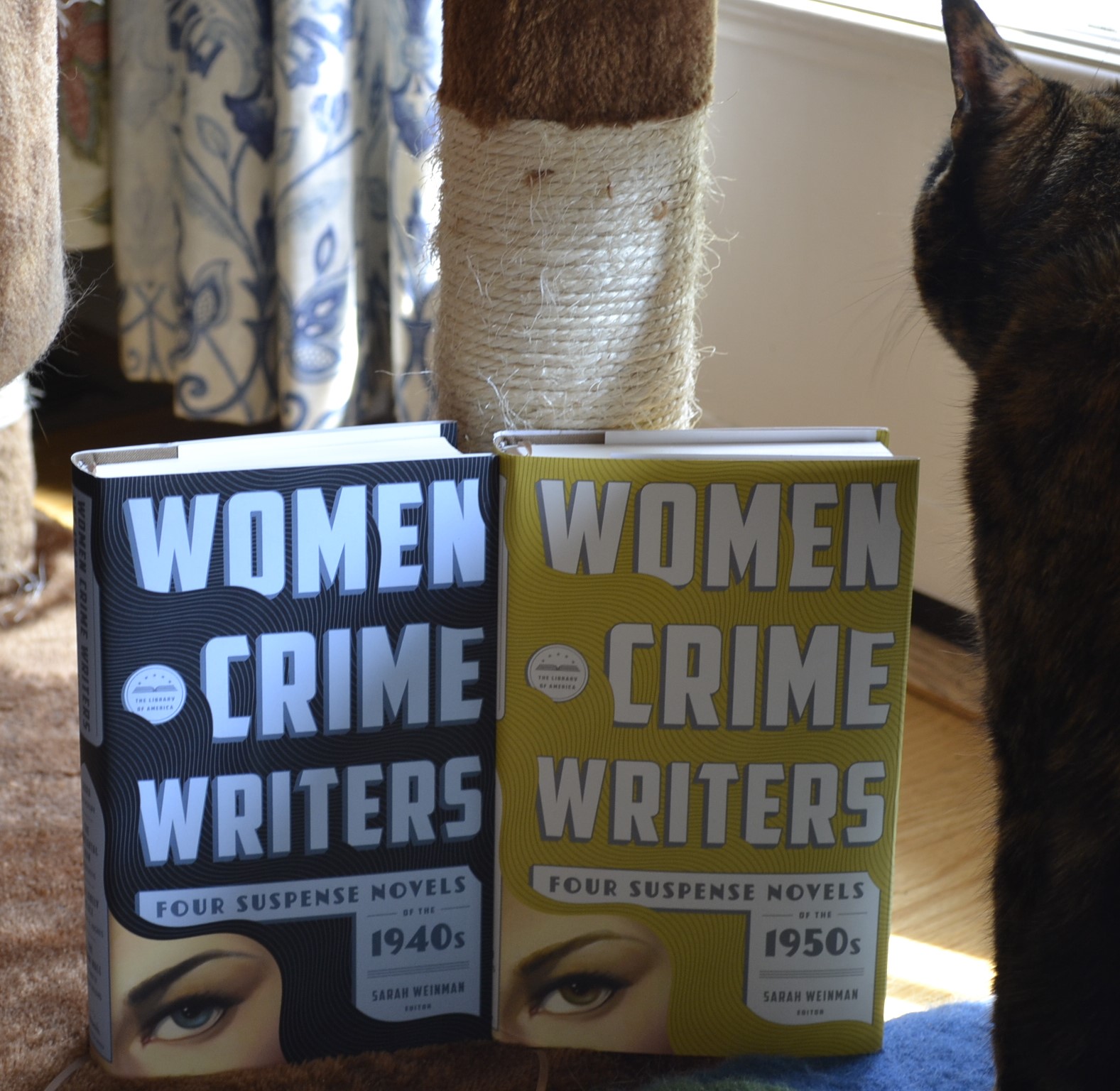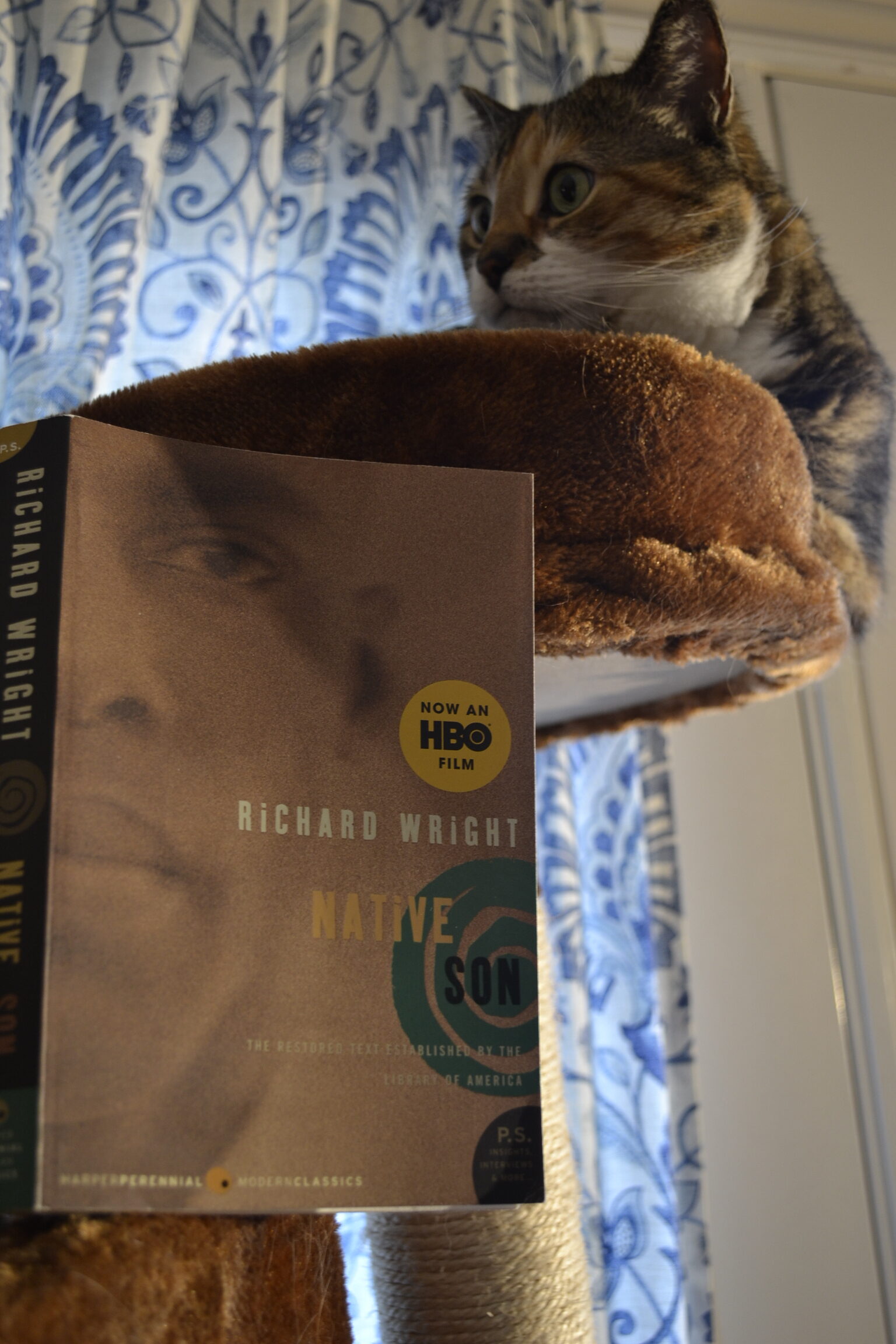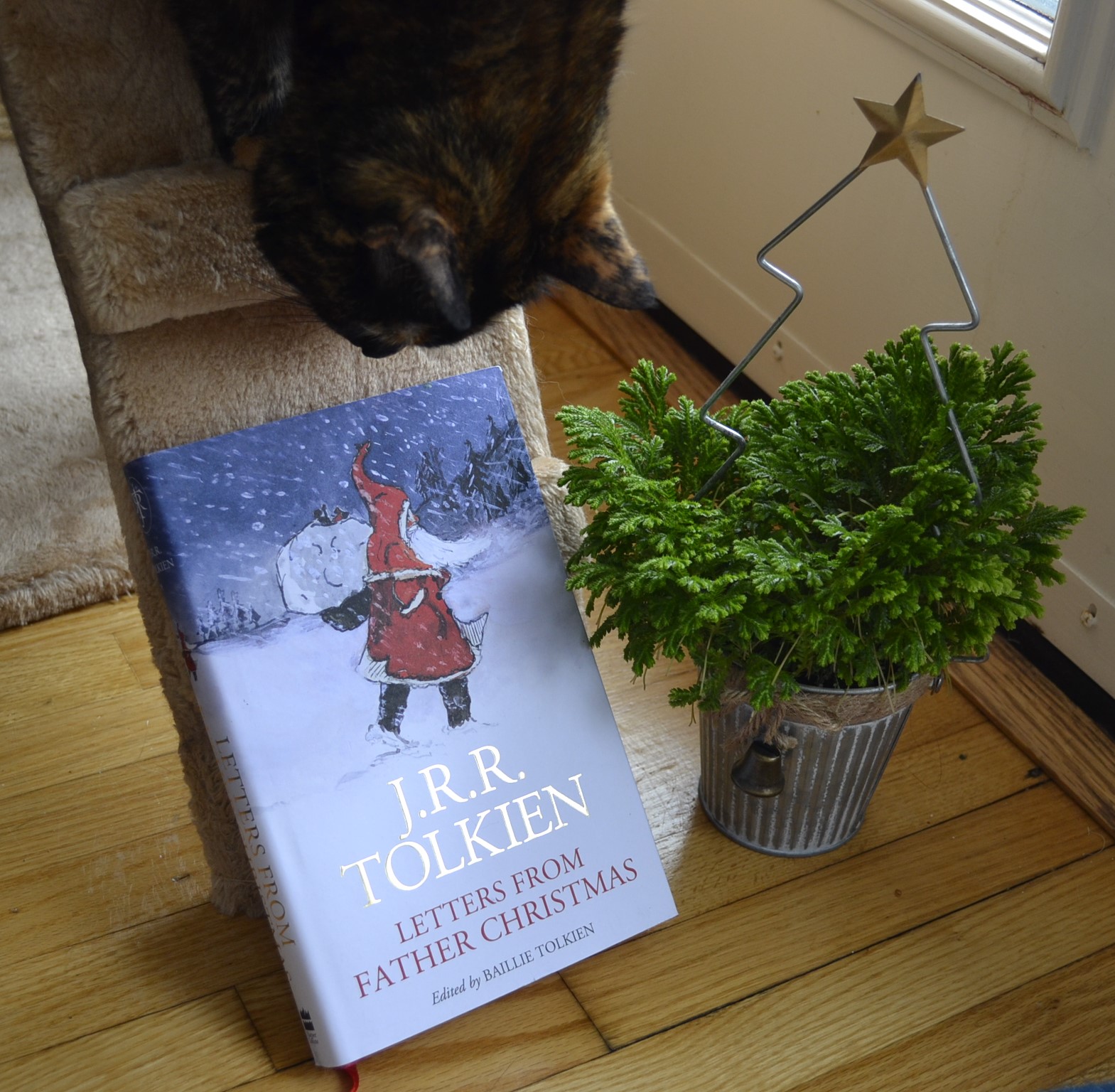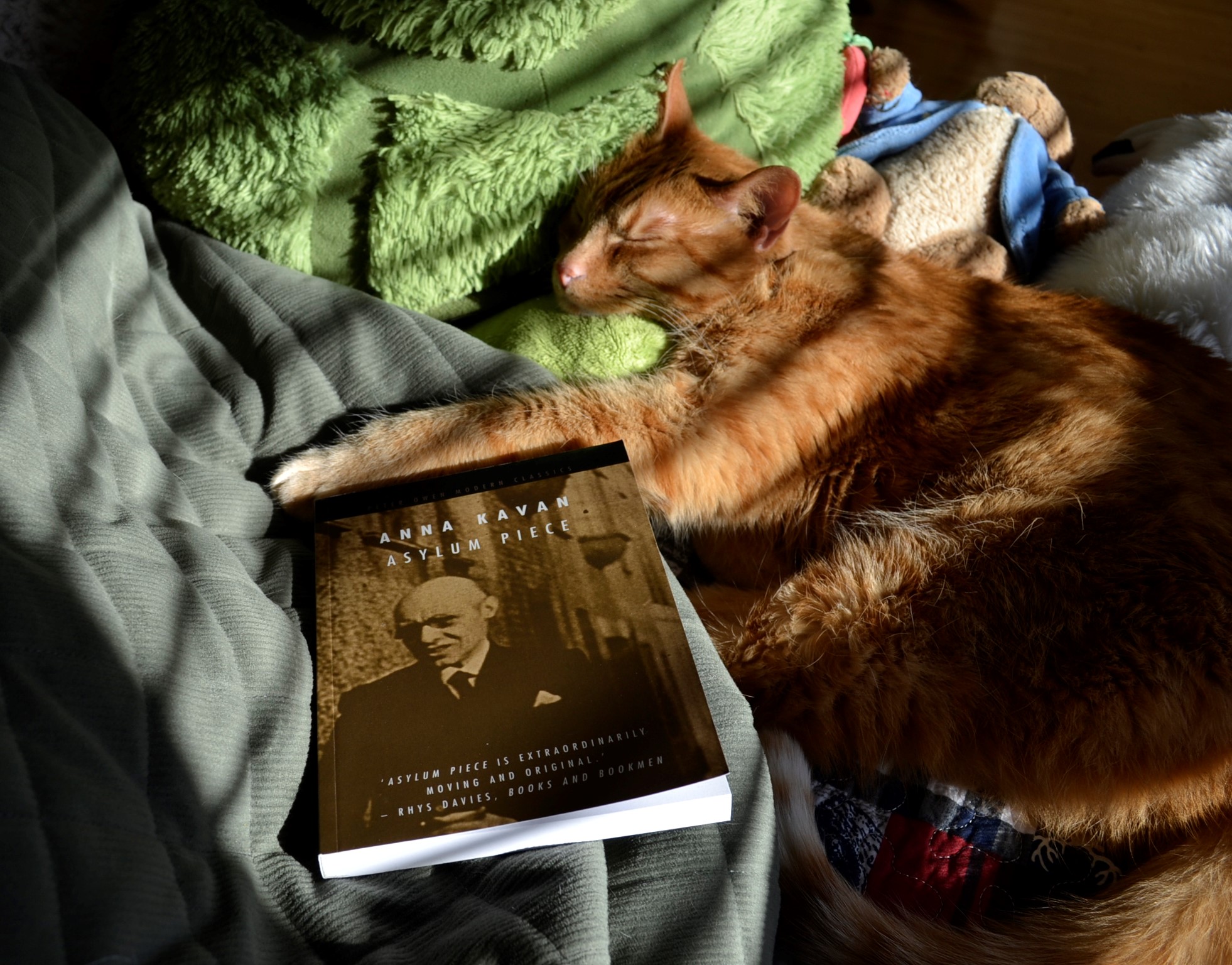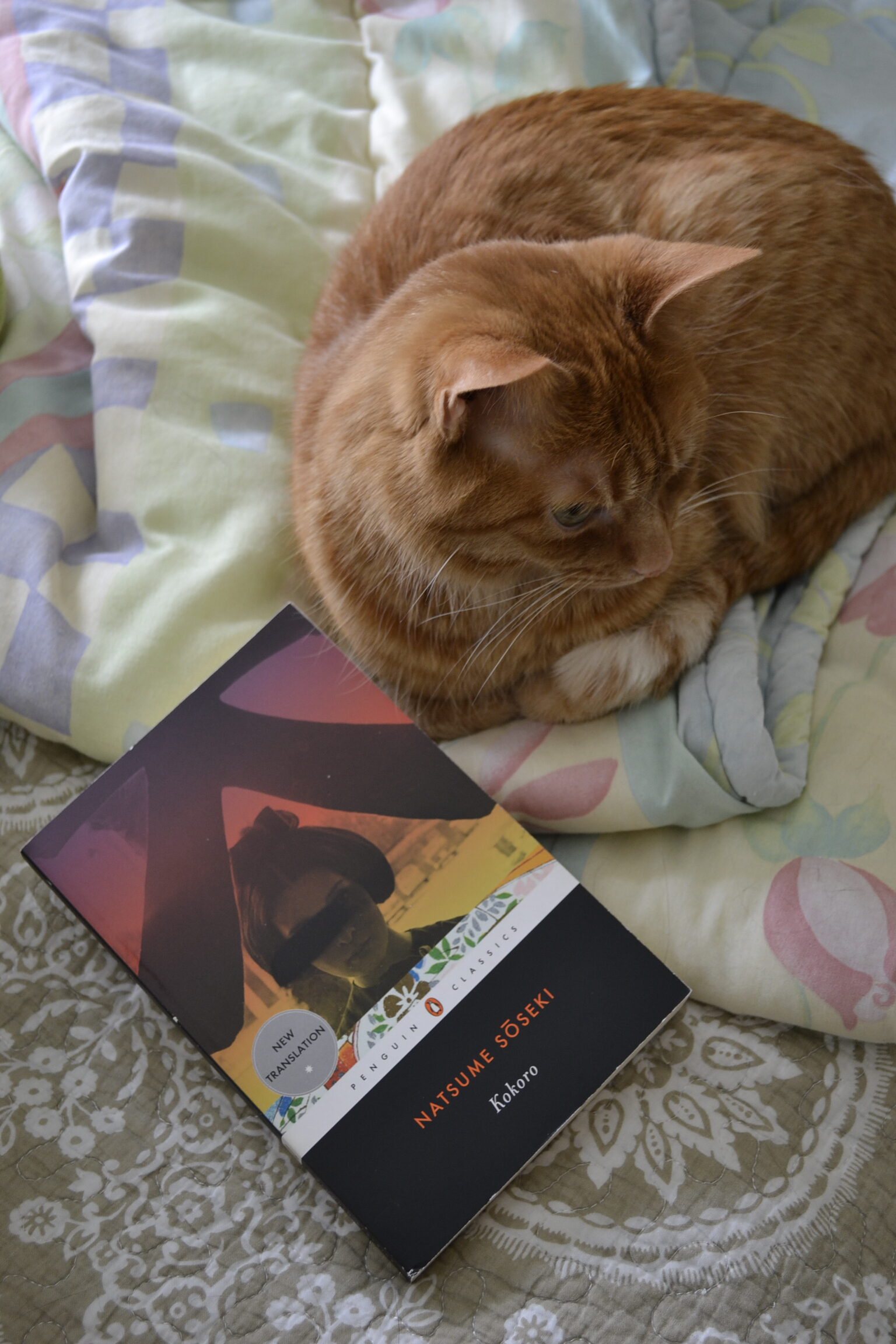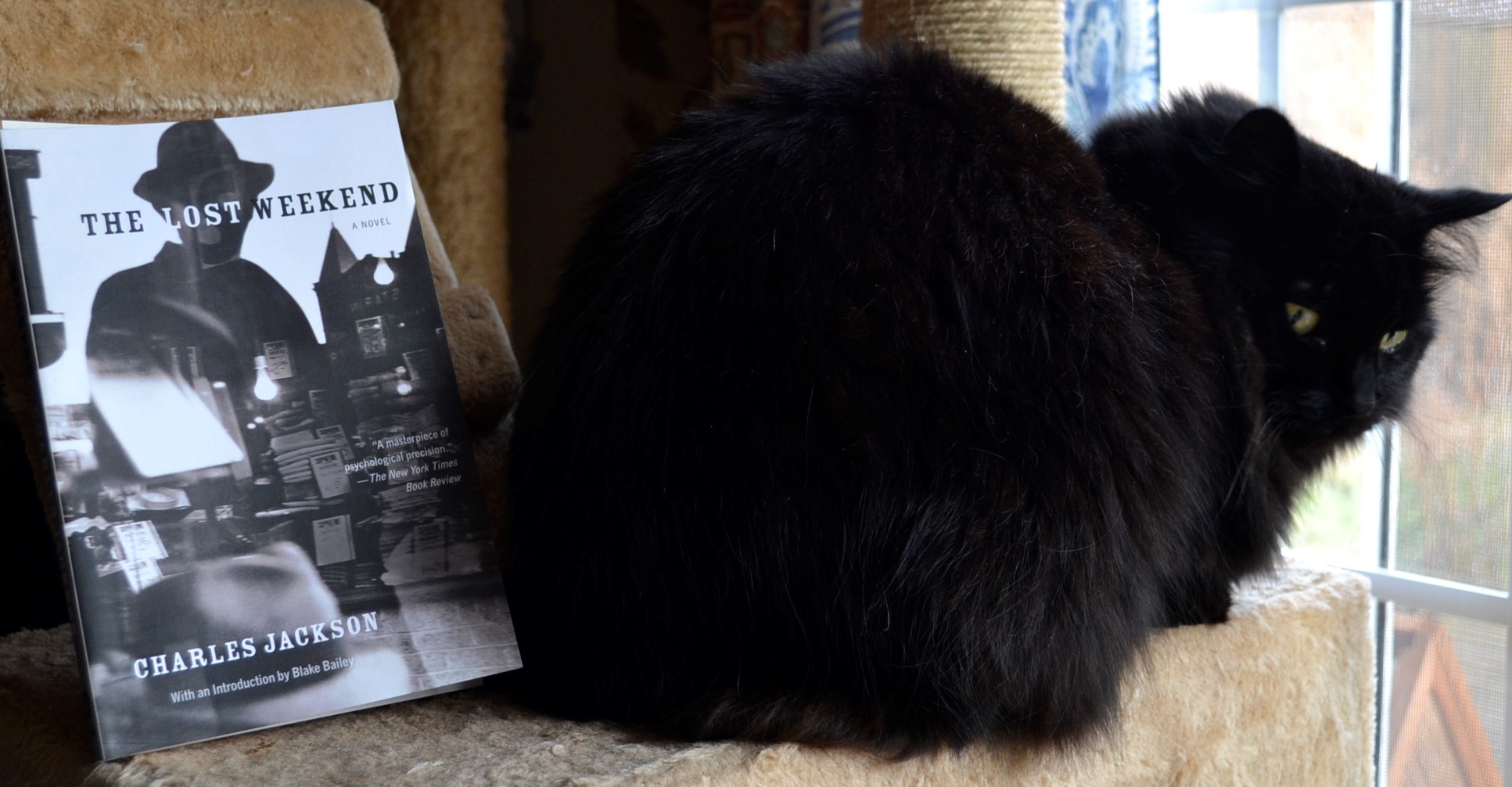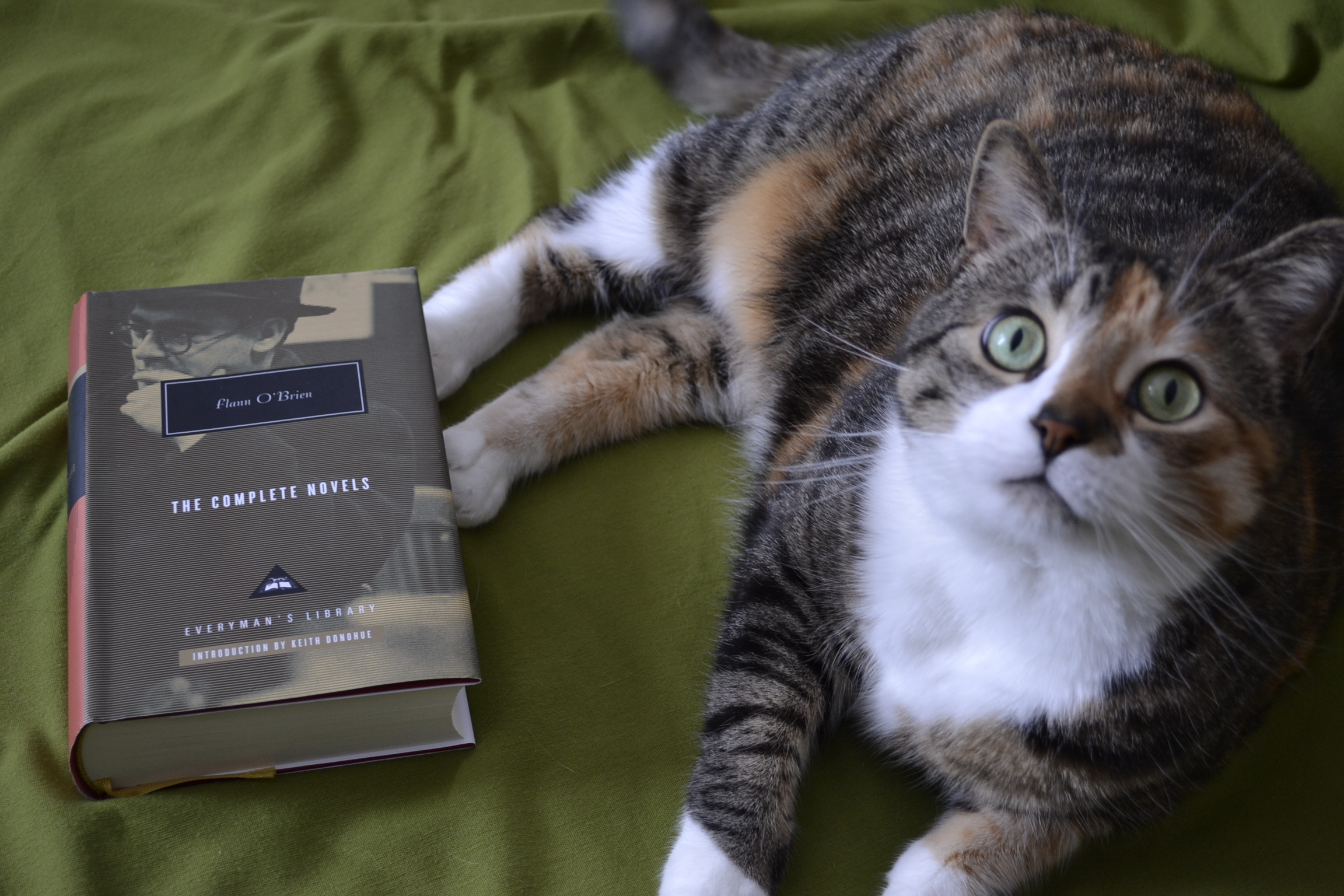The Flowers of Buffoonery and The Beggar Student
I do love a short novel. Not only do they reliably help me out of even the most prolonged of reading slumps, but short novels are where writers really shine. It takes a lot of skill to craft a narrative that is tight but still full of intent and power.
